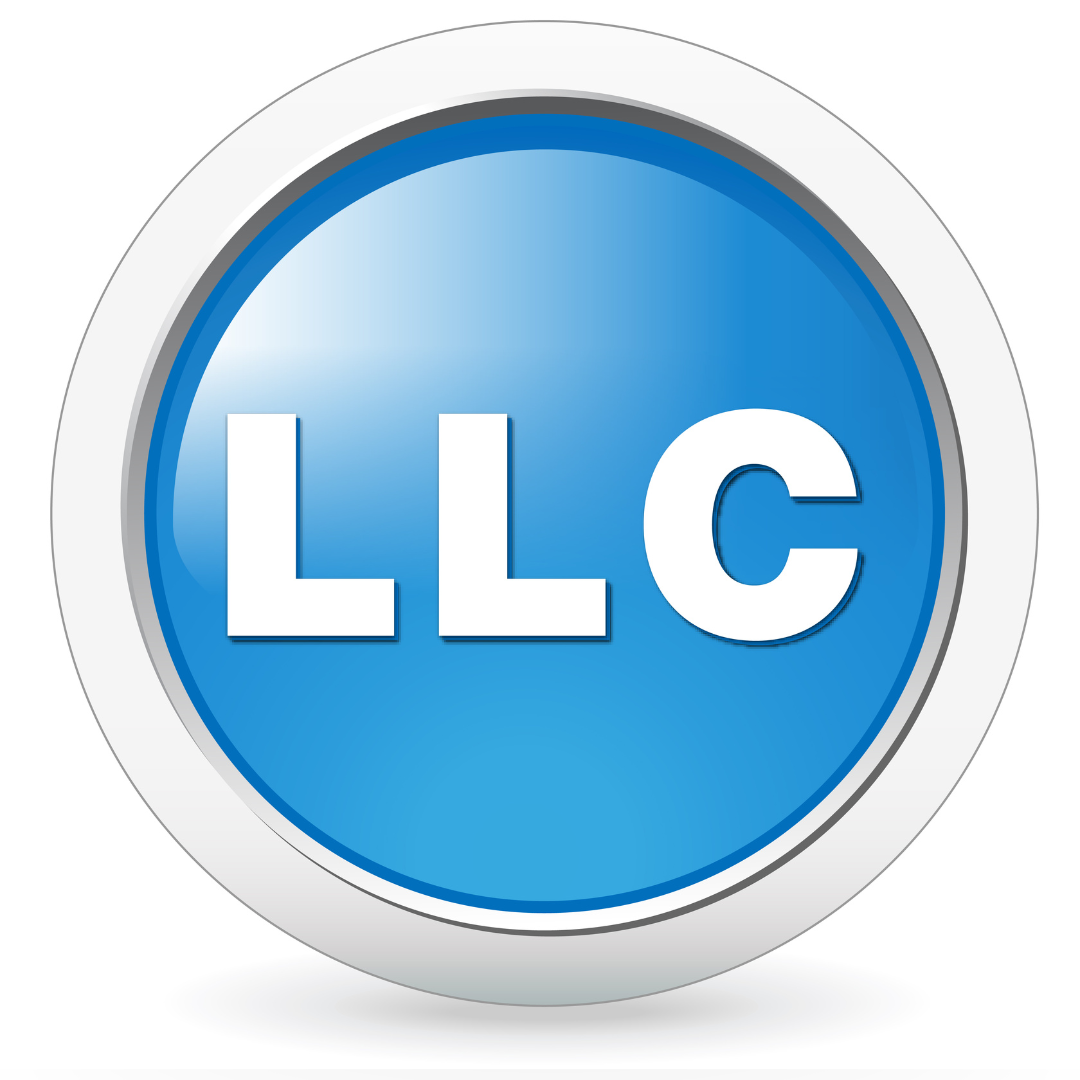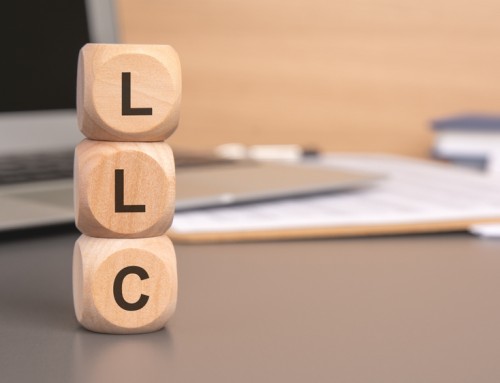Starting a business comes with many risks, but forming an LLC (Limited Liability Company) can provide critical protection for both personal and business assets. For entrepreneurs, understanding the role of an LLC is essential for minimizing liability and ensuring long-term financial security.
The Difference Between Sole Proprietorships and LLCs
Many small business owners begin as sole proprietors, where the business and the owner are legally the same entity. This structure is simple, but it leaves personal assets—like your home or savings—vulnerable to business liabilities. If something goes wrong with your business, such as a lawsuit or debt, creditors can go after your personal property to satisfy the claims.
On the other hand, an LLC creates a legal distinction between the business and its owner(s). By forming an LLC, the business itself becomes liable for its debts and legal obligations, while the owner's personal assets are protected. This separation is crucial, especially in industries where legal risks are higher.
Protecting Personal Assets from Business Risks
One of the main reasons to form an LLC is to shield your personal assets from business-related risks. If your LLC is sued, only the assets owned by the company are at risk—not your personal belongings. For example, if you own a restaurant and a customer files a lawsuit due to an injury on your property, the LLC will be the defendant in the case, not you personally. This protection can make the difference between financial ruin and staying secure through a legal challenge.
Additionally, having an LLC can protect your business assets from personal liabilities. For example, if you’re in a car accident that results in a lawsuit, the assets owned by your LLC are generally protected from being seized to satisfy a personal judgment.
The Importance of Keeping Business and Personal Finances Separate
While forming an LLC creates a legal barrier between personal and business assets, that protection can be compromised if the owner does not maintain clear separation between the two. This concept is known as “piercing the corporate veil,” and it occurs when an LLC is not treated as a distinct legal entity. If an owner mixes personal and business finances, such as by using the same bank account or paying personal expenses from the LLC, a court could decide that the LLC does not truly exist as a separate entity, exposing personal assets to business liabilities.
To avoid this, it’s critical to keep separate bank accounts, maintain detailed financial records, and ensure that all business dealings are conducted through the LLC rather than personally.
Tax Flexibility for LLC Owners
One of the benefits that sets LLCs apart from other business structures is the flexibility they offer in terms of taxation. LLC owners can choose how the company will be taxed. By default, single-member LLCs are taxed as sole proprietorships, and multi-member LLCs are taxed as partnerships. However, LLCs also have the option to be taxed as either S corporations or C corporations.
This flexibility allows business owners to select the tax structure that best fits their financial situation. For example, an LLC taxed as an S corporation may allow the owner to save on self-employment taxes, while a C corporation structure might offer benefits for retaining earnings within the business. Choosing the right tax structure is a critical decision, and many business owners consult with financial professionals to make the best choice.
Choosing the Right State for LLC Formation
Not all states provide the same level of legal protection for LLC owners, and this is an important factor to consider when forming your business. Some states, like Arizona, Nevada, and Wyoming, have more favorable laws for business owners, offering additional protections from creditors.
For example, in Arizona, if a business owner is personally sued, the creditors are limited in what they can claim from the LLC. They can only obtain a charging order, which entitles them to distributions from the LLC but not ownership or control over the business itself. In states with less favorable laws, like California, creditors may have the ability to force the sale of your business to satisfy a personal judgment.
This makes it crucial to form your LLC in a state that offers strong protections for business owners, particularly if you are concerned about personal liabilities affecting your company.
Secure Your Business and Personal Assets with an LLC
Forming an LLC is one of the most effective ways to protect both personal and business assets. By providing a legal separation between the owner and the business, LLCs reduce the risk of losing personal assets due to business liabilities. Additionally, LLCs offer valuable tax flexibility and can be formed in states that provide even stronger protections for owners. If you’re considering starting a business, forming an LLC should be at the top of your to-do list.
Contact us today to book a free consultation and learn more about how an LLC can safeguard your personal and business assets and provide long-term financial security.


